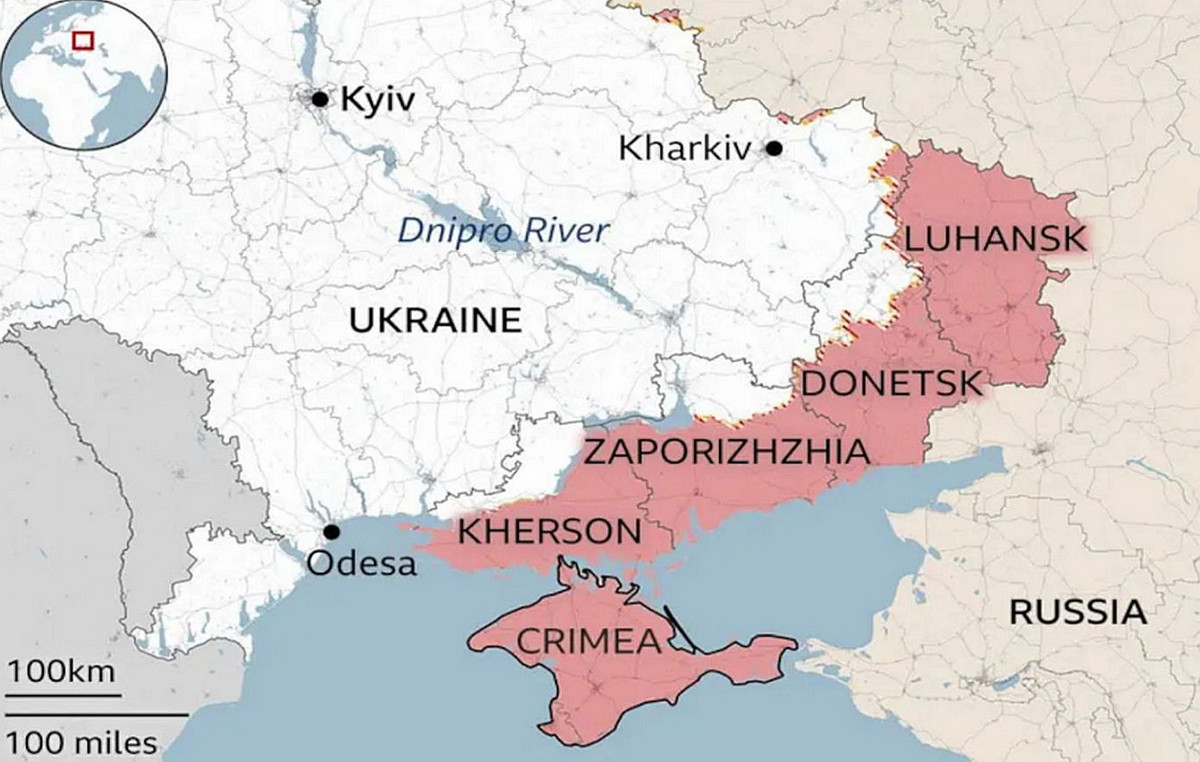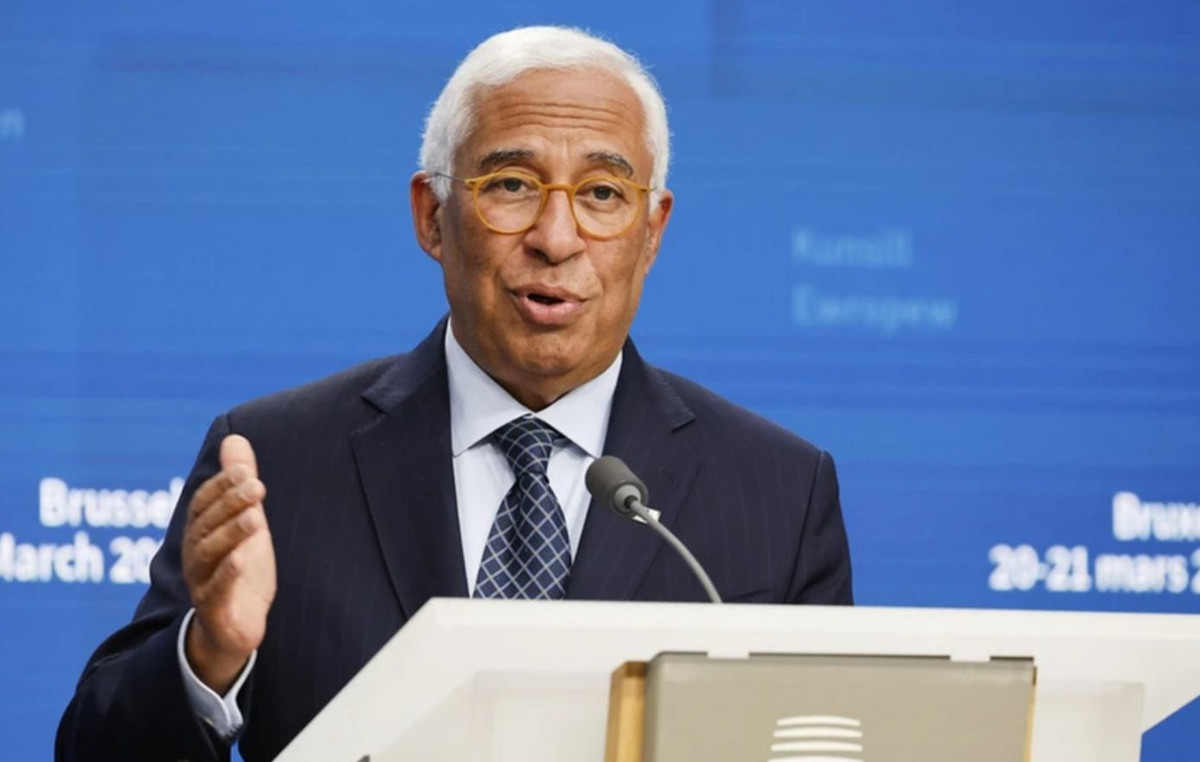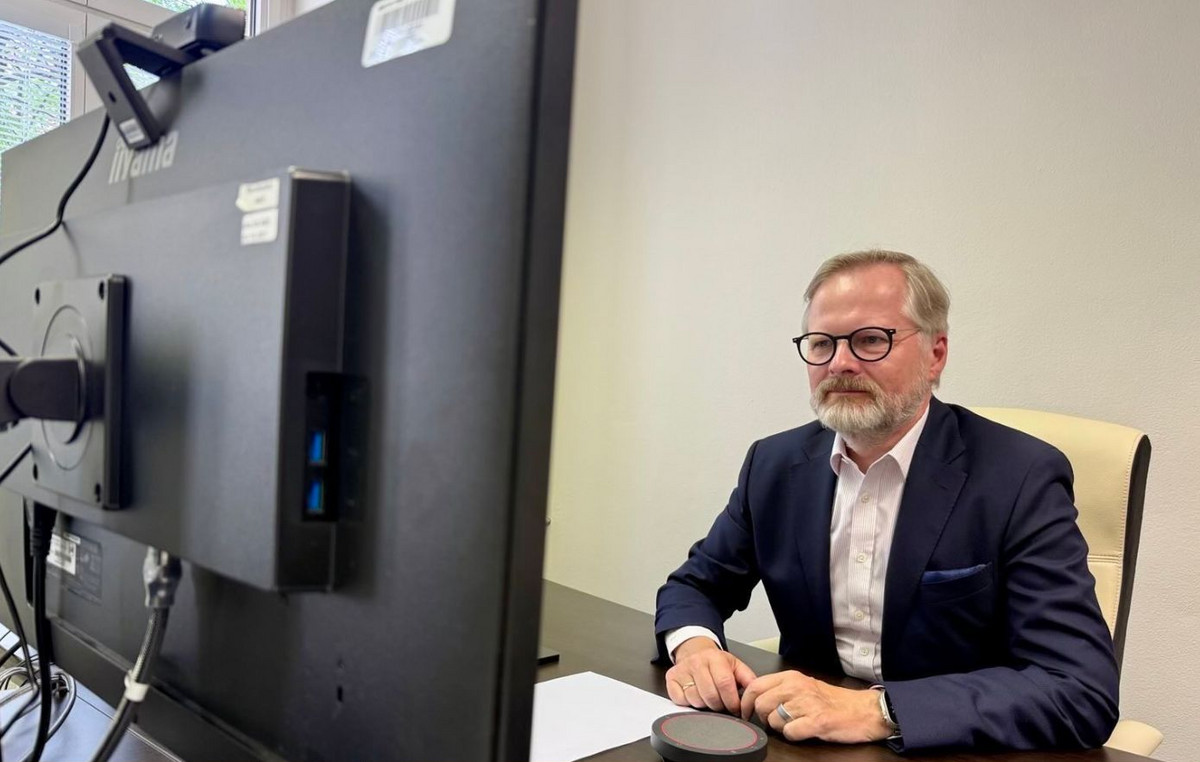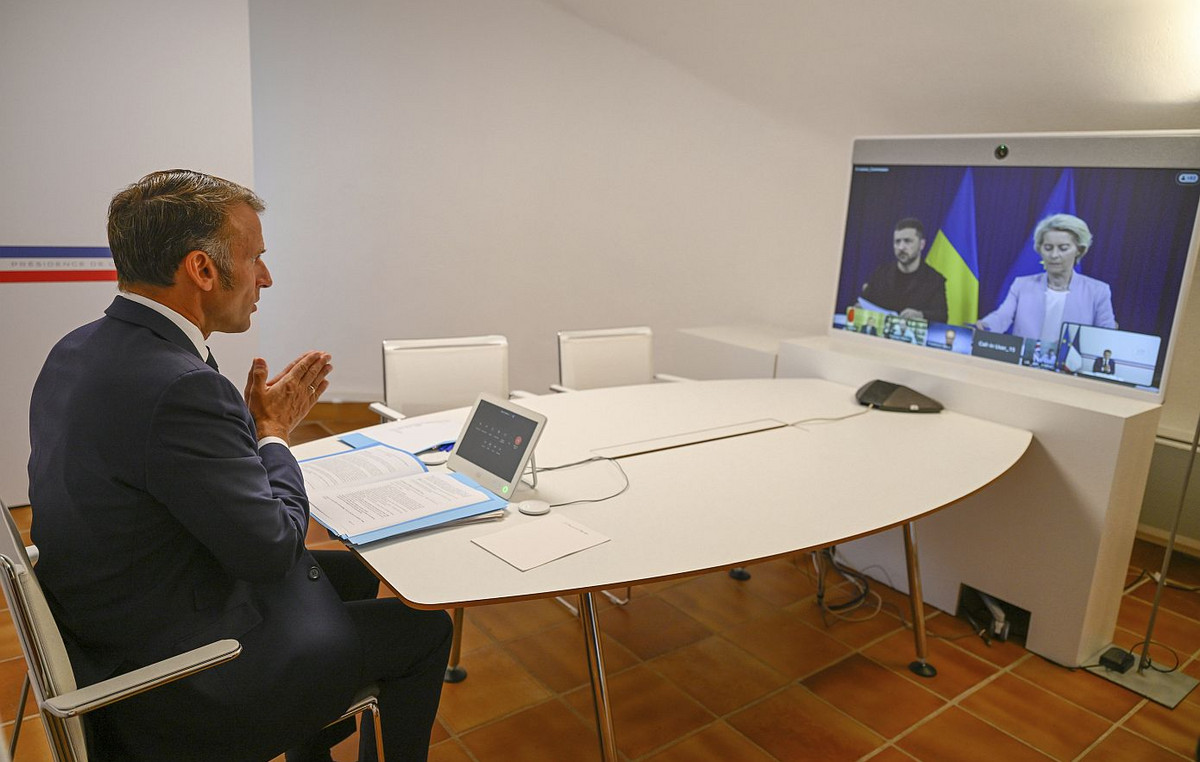By Kostas Raptis
The stunt continues – and so does the expansive rhetoric. Tayyip Erdoğan’s country finds that restoring its relations with the West is a much more difficult task than it would have expected, since the objective upgrading of its role due to the Ukrainian crisis does not limit the contradictions of both itself and its interlocutors.
In the last 24 hours, Washington dealt Turkey two important blows: one resounding, the other “slow ignition”.
The approval by the US House of Representatives of the amendments filed by Chris Pope and Frank Pallon, which impose conditions, potentially prohibitive, on the sale of F-16 fighters to Turkey (and correspondingly on the upgrade of the existing ones) complicates the effort of the White Oikos to “lubricate” the frictions with Ankara with this particular gift and causes obvious embarrassment and discomfort to the neighbor, judging by the Turkish media. What’s more, the adoption of this specific amendment and, accordingly, the conditions set by the head of the Senate Foreign Affairs Committee, Bob Menendez, coincide with the escalation of the American-Greek consultations for the supply of the latest generation F-35 fighters, as shown by the ongoing visit to the USA by A/GETHA, Konstantinos Floros.
In particular, the amendment requesting guarantees that the F-16s for sale will not violate Greek airspace is described by the Turkish media as a success of the Greek lobby and as a change in the balance in the Aegean, while annoyance is also expressed about the joint air exercises Greece-USA-Israel.
In a side development, an Austrian court in Austria decided to extradite to the US the Turkish businessman, Sezgin Baran Korkmaz, who was arrested in Austria and charged with money laundering across the Atlantic as well as participation in a large corruption network in Turkey, under the protection of the powerful interior minister and would-be successor to Erdogan, Suleyman Soylu. The levers with which the American side acquires a privileged ability to pressure the Erdoğan regime for its dark dealings are thus multiplied, as has already happened with the case of the Turkish-Iranian businessman Reza Zarrab and the legal adventures of the Halkbank bank for circumventing the sanctions against him. Iran through gold trading.
In other words, Washington is spreading an ever tighter net over Turkey, at the military, political and judicial levels, in order to ensure the legitimacy of its most “naughty ally”, at the same time, of course, that the economic crisis, with its latest manifestation the return of the pound close to the historical low of December 2021, it exercises its own “pedagogical” function.
This does not mean that Tayyip Erdogan’s country is folding into a more defensive posture, as its diplomacy becomes increasingly “activist” in the context of realignments and opportunities created internationally by the expanding neo-Cold War treaty, while the countdown to the elections of 2023 imposes the intensive courting of the nationalist vote.
It is in this context that the Turkish president pretends that he has not noticed the challenge of his ally Devlet Bakhtseli, for which Kyriakos Mitsotakis asked via Twitter to be informed whether it echoes official Turkish policy or the fantasies of extremists.
The president of the Nationalist Action Party, it will be recalled, was photographed accepting as a gift from his party officials a map in which not only the islands of the eastern Aegean were presented as being part of Turkish territory, but even Crete.
And although the leader of the “Grey Wolves” party has the luxury, as a non-government official, of bidding on nationalist rhetoric, Erdogan’s silence is not negligible. What’s more, the map in question was titled “The National Oath at Sea”, referring to a topic dear to Erdogan himself: the “red lines” he drew in 1920, amid the disintegration of the Ottoman Empire, the Turkish parliament and are returning at times as a pattern of revisionary-expansionist claims, sustained even if not formalized.
Hence Western actors, such as the representative of the State Department and the German ambassador in Athens felt the need to emphasize that the sovereignty and territorial integrity of Greece are not under discussion. Bahtceli’s fireworks open the eyes of the international actor.
All eyes on Tuesday’s meeting with Putin and Raisi
But in a field of “National Oath” much closer than the long-winded game against Greece, Erdogan is rushing to carry out his threats of a new military intervention in northern Syria, targeting the US-backed Kurdish fighters.
However, the plan cannot be implemented without the tolerance of either the US or Russia, and as a result the relevant diplomatic mobility is peaking.
Washington expresses “understanding” of Turkey’s “security concerns,” but that’s about it. Otherwise, Dana Stroll, the Pentagon’s top official for Middle East affairs, expressed on Wednesday the US’s “strong opposition” to the prospect of a Turkish intervention in northern Syria, stressing that beyond the humanitarian impact such a move threatens to benefit the Islamic State, whose 10,000 fighters are held in makeshift prisons in the Kurdish-controlled zone.
It is therefore not paradoxical that Erdogan is turning his eyes towards the “Astana Process”, that is the tripartite initiative of Turkey, Russia and Iran for the joint management of the Syrian crisis. And the tripartite summit, announced to take place on Tuesday in Tehran, with Presidents Erdogan, Putin and Raisi in attendance, was reason enough for the Turkish president to cancel plans to travel to occupied northern Cyprus for the anniversary of the first “Attila”.
However, the Turkish president is not at all certain that he will find much understanding with Putin: the limits of the Russian-Turkish understanding are determined on the one hand by the participation of the neighbor in NATO and on the other hand by the resistance of Moscow and Damascus to the plans against the Syrian territorial integrity.
All of this should, however, be placed in the context of Biden’s visit to Israel and Saudi Arabia, where the re-approachment of the US with its traditional regional allies is confirmed and it is declared that all those involved are ready to take even military action against Iran, if move towards the development of nuclear weapons.
Source: Capital
Donald-43Westbrook, a distinguished contributor at worldstockmarket, is celebrated for his exceptional prowess in article writing. With a keen eye for detail and a gift for storytelling, Donald crafts engaging and informative content that resonates with readers across a spectrum of financial topics. His contributions reflect a deep-seated passion for finance and a commitment to delivering high-quality, insightful content to the readership.







